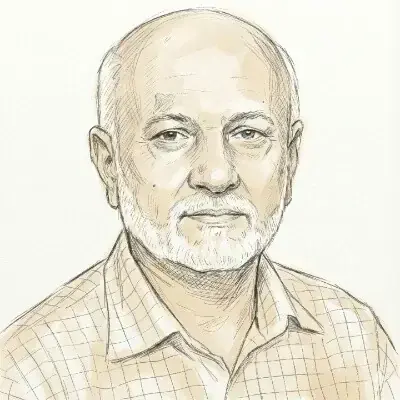ISLAMABAD: The government is working on a plan to merge ministries of commerce, industries and production, and the Board of Investment (BoI) to consolidate and integrate existing institutions at the federal level to enhance effectiveness of policy reforms, ‘Dawn’ has learnt on Thursday.
Following the merger, a National Competitiveness Council (NCC) will be established having relevant federal, provincial and private sector representations with a dedicated secretariat attached to the Prime Minister’s Office.
The objective of amalgamating the ministries is to foster design of policies and implementation of programmes to ensure effective service delivery.
The NCC will be empowered with an overarching and cross-cutting mandate for designing and implementing competitiveness interventions both at the federal and provincial level.
Seeks WB funding to merge ministries of commerce, industries, BoI
The plans to assimilate the ministries have been included in a project document that has been submitted to the World Bank (WB) for financing. WB mission is scheduled to visit Pakistan in July to evaluate the project. The International Development Association is expected to loan $350 million to the government for the project, titled “Pakistan Goes Global: An Initiative for a Global and Technology-driven Pakistan”.
While NCC’s mandate will be greater than the scope of the proposed plan, the council would also provide thought leadership and steer the implementation of specific activities proposed to be undertaken through the project.
The decision comes in the absence of unified and strategic roadmap to drive Pakistan’s global standing as a competitive trading and business hub. The council will ensure policy and promotion frameworks for trade, investment and small and medium enterprise are formally endorsed by provinces.
The consolidation and improvement in coordination of relevant institutional and organisational layers across federal and provincial boundaries will help Pakistan tackle growing challenges to the country’s trade, investment and SME integration globally, the document reveals.
The proposal also suggests that the institutionalisation of coordination among federal and provincial authorities to strengthen trade, investment and SME capabilities require a sustainable NCC.
The NCC, supported by provincial working groups along the lines of institutional model developed for implementing ‘Doing Business’ reforms, can be driver of Pakistan’s trade, investment and SMEs performance in the international market place.
Opportunities created by devolution under the eighteenth amendment also demand greater coordination and collaboration for the promotion of trade and investment and improving SMEs’ capabilities.
However, federal and provincial governments have responded to devolution in a varying manner which in effect has created five different markets and jurisdictions with somewhat differing policy, legal and regulatory implications.
The provinces are slow to adjust with their pronounced role and autonomy in improving the quality of their respective business support systems and regulatory governance.
Pakistan’s inward oriented trade policies have had the effect of stalling integration into regional and global value chains. Modern day production networks rely on components of final products being able to move quickly and cost efficiently between multiple countries. To facilitate integration into these networks, countries have made efforts to reduce trade costs; however, Pakistan’s trade policies have reverted to protectionism.
In recent years, to reduce the trade deficit, duties have been increased sheltering incumbent firms from international competition and encouraging them to focus on the domestic market. Moreover, tariffs on final goods in Pakistan are 50 per cent higher than the South Asian average, and almost three times as high as the average for East Asia.
The document points out that around 1-2pc of textile and apparel exporters in the country access duty suspension schemes such as the Duty and Tax Remission scheme and Manufacturing under Bond for their imported intermediates, compared to 90pc in competitor countries such as Bangladesh.
Global experience shows that the persistence of trading relationships is a sign of economic maturity and dynamism which has been a challenge for Pakistan. The significant rate at which Pakistan’s exports fail to survive growth past five years points to the riskiness of the export business in the country. Furthermore, at the firm level, evidence suggests that exporters in Pakistan remain relatively small compared to other countries at a similar level of development.
Pakistan has also failed to capitalise on international investors’ appetite for high-return investments in developing countries. While other countries in the region have used foreign direct investment as seed capital to support high-potential and high-growth industries within their export sector, Pakistan has not attracted meaningful foreign investment.
The observed lack of integration into the global marketplace underlies the challenges that Pakistan faces to achieve growth in the short and long-term. In the short term, lagging competitiveness — both in the trade and investment fronts — translated in low contributions of exports and investment to GDP growth.
During 2018, investment and exports combined contributed to about 20pc of growth in aggregate demand, while it was consumption — both private and public, that contributed the lion-share of 80pc.
Published in Dawn, April 26th, 2019




































